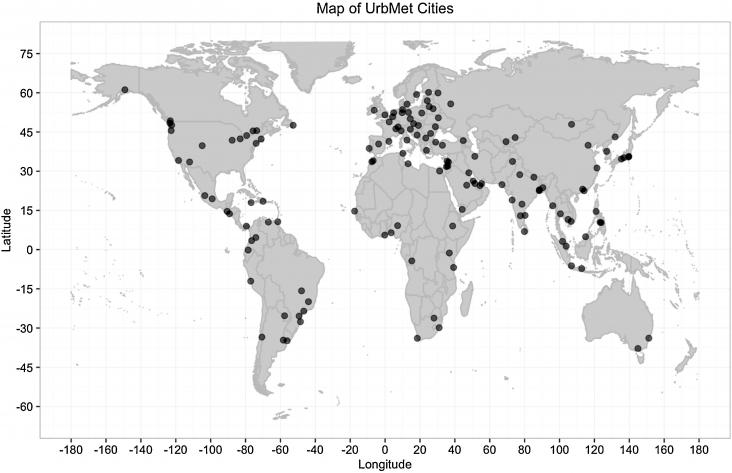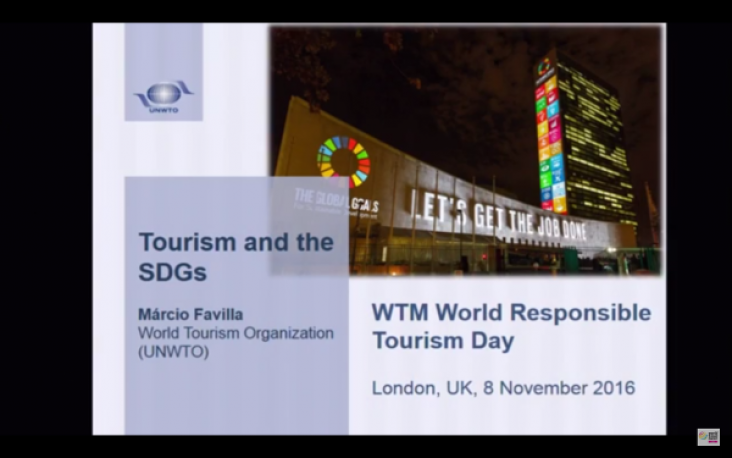
The sustainability of urban water systems is often compared in small numbers of cases selected as much for their familiarity as for their similarities and differences.
Increases in water treatment technology have made water recycling a viable engineering solution to water supply limitations.

2017 is the UN’s International Year of Sustainable Development through Tourism, the spotlight is going to be shone on the industry’s contribution to sustainable development in destinations. Businesses in the sector, in originating markets and destinations, often talk about the contribution that the industry makes to development in destinations. But when the spotlight is shone what evidence will we have to share with the UN and other sectors? How convincing is our case? What evidence can we provide that out contribution is real and significant?
Low-cost by-products from agricultural, household and industrial sectors have been recognized as a sustainable solution for wastewater treatment.
Most scholars would agree that the goal of business is to create value. Yet, can there be anything more valuable than peace?
Access to clean and stable energy is a major challenge for many developing African countries. This research aims to investigate ways in which financing renewable energy projects (REPs) can help to address this problem and therefore SDG7. The authors propose the promotion of the two-hand renewable energy service company (ESCO) model as an efficient financial vehicle for increasing sustainable economic development through the production of reliable and stable electricity in semi-urban and rural communities.
Israeli startup tech firm SuperMeat is attracting substantial crowd funding to support its development of chicken meat grown in a laboratory. This technological solution could open the door to an affordable and sustainable source of human food. Developing sustainable sources of conventional meat will contribute to the advancement of SDG 12.2 to achieve sustainable management and efficient use of natural resources in the food sector and address SDG 2 zero hunger.

Growing demands from brand owners and consumers for fibres and textiles that are more environmentally friendly are now creating a huge market for bio-based polymers produced using renewable feedstocks. The textile and packaging industries have a significant impact on the environment: this report highlights how recent developments in new materials support SDG 9 Industry, Innovation and Infrastructure, and SDG 7 Affordable and Clean Energy.
Elsevier,
McCreath and Delgoda, Pharmacognosy: Fundamentals, Applications and Strategies, 2016, Pages 677 - 685
This book chapter addresses goals 3, 8, and 12 by suggesting that biosciences could form the basis of a strategy for focusing limited resources in ways that are likely to support economic development
Global and regional health effects of future food production under climate change: A modelling study
Background One of the most important consequences of climate change could be its effects on agriculture.
